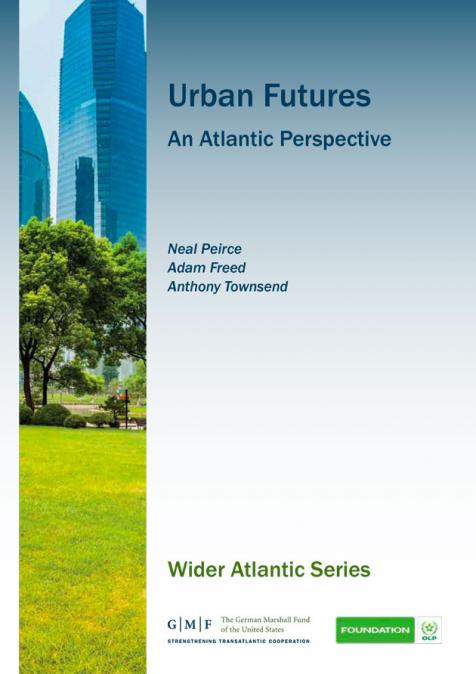2023 marked the year in which the concept of the Global South must have known the highest level of publicity in decades. Recent developments seem to have confirmed that stock was taken off this shift in the international balance. The membership of the AU at the G20, the BRICS expansion, whereby the grouping will more than double in number of member states, and the organization of the annual meetings of the International Monetary Fund (IMF) and the World Bank in Africa for the first time in half a century could all mark a turning point for the Global South’s positioning in the international arena.
These movements inevitably reshape the traditional configuration of the broader Atlantic region and its geostrategic balance, whether in the context of North-South dialogue or intercontinental exchanges. Consequently, countries of the Global South are confronted with new opportunities and challenges as they address their own priorities, presenting a crucial opening to assert their newfound position for a more inclusive and balanced equilibrium.
This opening conversation will address the following questions:
- How can the Global South actively shape and influence international geopolitical dynamics to ensure representation and address imbalances in the global decision-making process?
- In the face of global challenges, how might the Global South enhance its collective influence through strategic alliances in order to address global issues like climate change or economic inequality?



